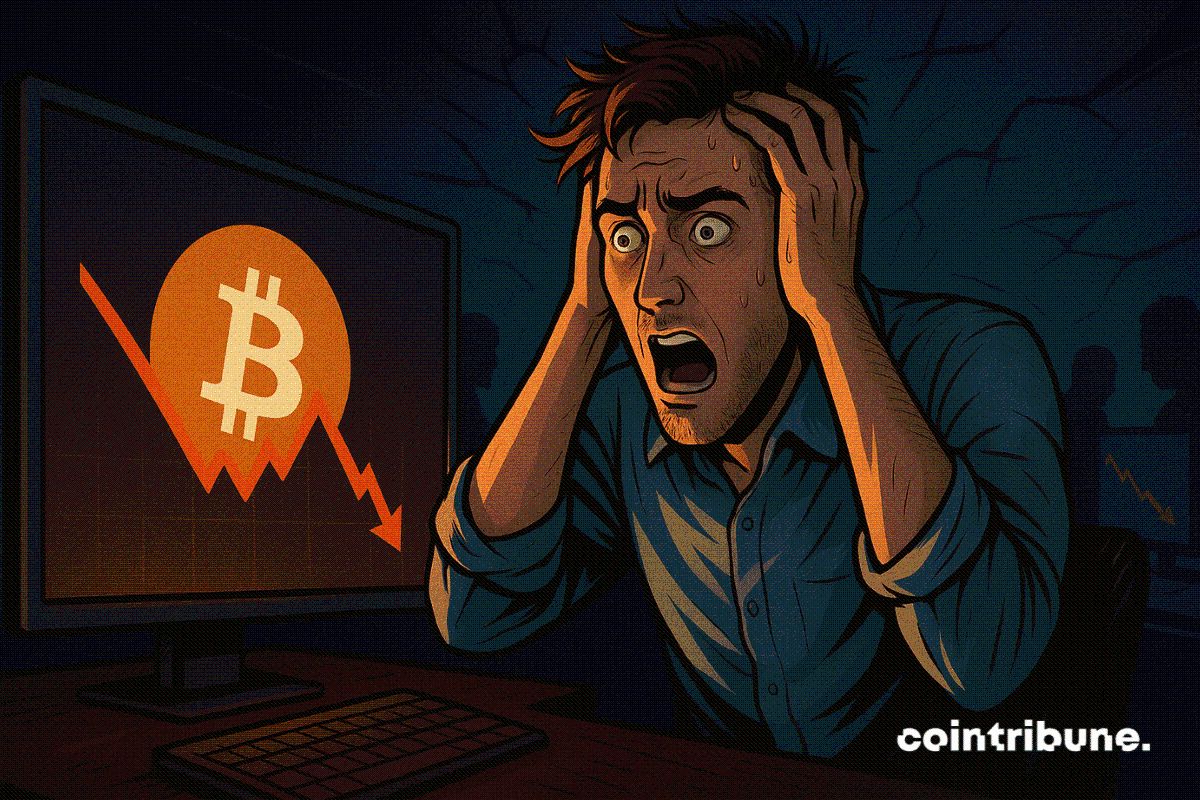Bitcoin News Update: Bipartisan Deal Faces Delays Due to Healthcare Disagreements and Trump Tariff Challenges
- U.S. lawmakers near bipartisan deal to end 40-day government shutdown, funding federal operations through January 30 with ACA tax credit votes and Trump's reversed firings. - House Democrats split over healthcare provisions, while Senate faces hurdles in passing funding package due to healthcare disputes and procedural challenges. - Markets react mixed: crypto surges on shutdown resolution optimism but ETFs see outflows, while semiconductors face volatility amid analyst price target adjustments. - Prolon
According to several sources, U.S. lawmakers are making progress toward ending a 40-day government shutdown—the longest in recent memory—by reaching a bipartisan agreement to fund federal agencies until January 30. This deal, crafted by both Democratic and Republican senators, promises a December vote on extending Affordable Care Act (ACA) tax credits and seeks to undo President Donald Trump’s recent controversial dismissals of federal staff,
The shutdown has already caused delays in the release of vital economic indicators, such as employment and inflation data, leaving decision-makers without essential information. Experts caution that ongoing uncertainty could postpone Federal Reserve moves and undermine investor trust,
Financial markets have responded unevenly.

Meanwhile, the cocoa processing sector appears largely unaffected by the political unrest, with forecasts predicting steady expansion through 2033 thanks to growing demand for high-quality chocolate and ethical sourcing,
The road ahead remains uncertain. Although the Senate seems ready to approve the funding measure, House Republicans have voiced concerns about prolonging ACA subsidies, and a single senator could still slow proceedings by objecting to the legislative schedule,
With the flow of economic data at risk of extended interruption, the urgency for a timely solution is high. If the deal fails, the Federal Reserve may be forced to make policy choices without complete data, potentially increasing market volatility. For now, investors are watching closely for the Senate’s final decision, upcoming inflation figures, and indications of institutional interest in crypto markets,
Disclaimer: The content of this article solely reflects the author's opinion and does not represent the platform in any capacity. This article is not intended to serve as a reference for making investment decisions.
You may also like
Energy Industry's Balancing Game: Growth in Coal and the Rise of Renewable Energy
- Koil Energy Solutions reported 22% Q3 2025 revenue growth ($6.4M), driven by 33% service revenue surge and renewable energy expansion including wind farm cable contracts. - T1 Energy plans 2.1GW Texas solar facility to strengthen domestic polysilicon supply chain, aligning with U.S. energy security and AI-driven clean power demand. - Capstone Green Energy scales data center solutions with gigawatt-level production plans, attracting hyperscalers through low-cost, high-output manufacturing reconfiguration.

China's Soybean Purchases Decline, U.S. Growers Confront Surplus and Rivalry from Brazil
- China's U.S. soybean import deal fails to restore farmer confidence as purchases remain below pre-trade-war levels amid South American competition. - A 13% U.S. tariff and Brazil's price advantage have shifted Chinese buyers toward cheaper South American cargoes, worsening Midwest farmers' oversupply crisis. - Record Chinese soybean stockpiles and weak buyer commitments highlight structural challenges, with Wisconsin facing negative profit margins in 2025. - Federal aid packages provide temporary relief
China's Economy Stalls Amid Record Drop in Investments

Zcash (ZEC) To Rise Further? Key Harmonic Pattern Signals Potential Upside Move
